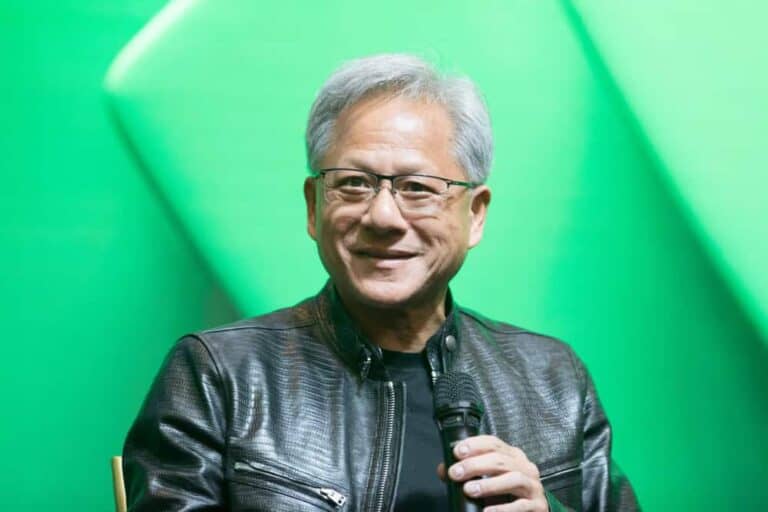During the VivaTech conference in Paris, Nvidia CEO Jensen Huang said that at least twenty AI data centers are planned for Europe in the coming years. He expects the capacity of European data centers to increase tenfold within two years.
This was reported by the Financial Times. A significant portion of these data centers consists of five so-called gigafactories. These are equipped with hundreds of thousands of powerful graphics chips from Nvidia. The factories are necessary for training and running large language models. According to Huang, Europe is fully committed to artificial intelligence. The size of the AI infrastructure is expected to increase tenfold in the coming years.
Part of this growth stems from the expansion of the collaboration between Nvidia and Mistral AI. Mistral is a French start-up. Analysts consider the company to be Europe’s biggest contender to take on non-European AI companies such as OpenAI and DeepSeek.
Europe’s technological independence
Mistral, in which Nvidia has invested, will deploy 18,000 of Nvidia’s latest Blackwell GPUs in a new facility. Mistral CEO Arthur Mensch described this move as a breakthrough that will support Europe’s technological independence. The company is building its first large-scale data center in Essonne, just outside Paris. It plans further to expand the infrastructure to other parts of Europe.
Earlier this week, Huang warned in London that the United Kingdom lacks the infrastructure to realize its AI potential. At the same time, European cloud companies Nscale and Nebius announced that they will build new data centers in the UK. These will be equipped with thousands of Nvidia GPUs.
Such projects are crucial to Nvidia’s strategy to support so-called “sovereign AI” and reduce the company’s dependence on a handful of large US tech companies, which currently generate most of its revenue.
The availability of local capital and reliable energy supplies is often cited as an obstacle to the expansion of AI infrastructure in Europe. Large AI centers can cost tens of billions of dollars and consume enormous amounts of power.
European market faces challenges
A McKinsey report from October last year highlighted significant challenges for scaling up AI in Europe, including limited energy sources, a shortage of electrical engineers, and slow licensing procedures. According to McKinsey, approximately $300 billion in investment would be required to meet demand, and data center power consumption is expected to nearly triple by the end of this decade.
In Paris on Wednesday, Huang emphasized the huge increase in locally built AI infrastructure, by European companies and for the European market, alongside the data centers being built by US cloud providers.
Tip: Concerns over new Nvidia chip do not stop revenue growth
